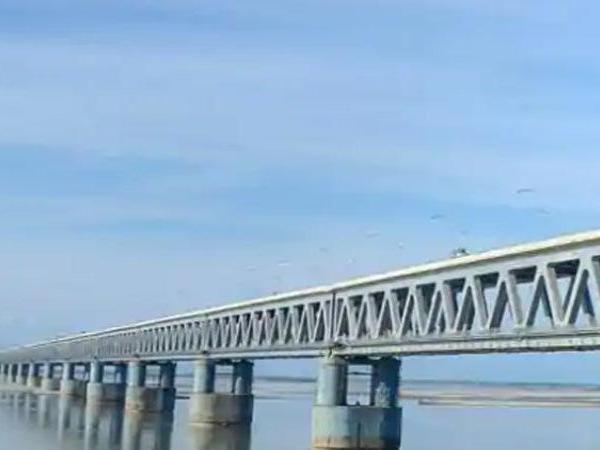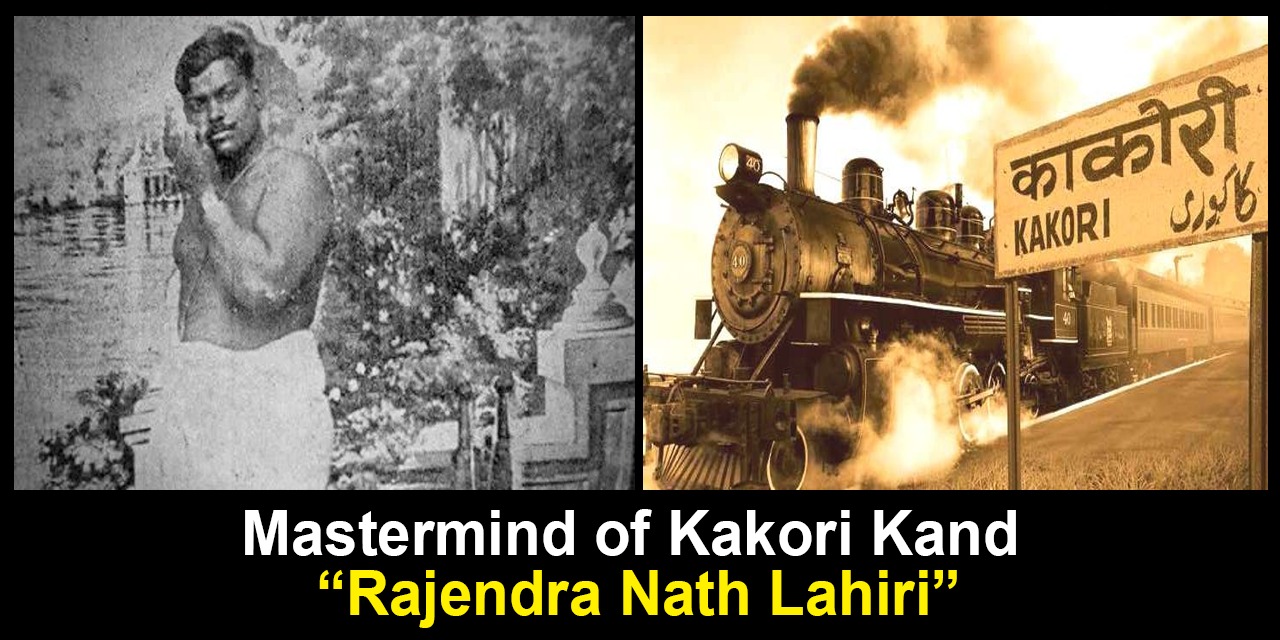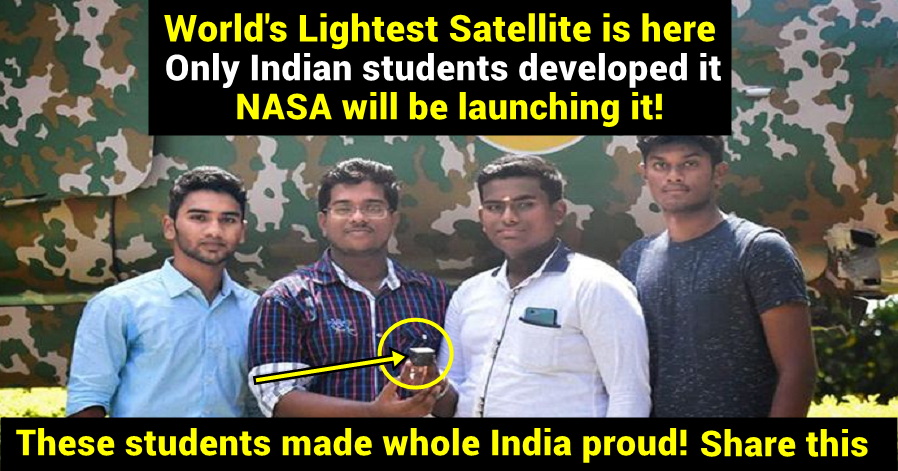No products in the cart.
Tough competition has begun to take credit for the Bridge, who deserves more?
PM Narendra Modi on Tuesday, inaugurated India’s longest rail-cum-road bridge on the Brahmaputra river in a bid to promote the rail and road infrastructure in the country.
The bridge links the north and south banks of the Brahmaputra, falling in the eastern part of Assam and Arunachal Pradesh.
The 4.94-km-long ‘Bogibeel Bridge’ is the PM’s Christmas gift to the country, which also coincides with the former prime minister Atal Bihari Vajpayee’s birthday. The bridge was Sanctioned in the year 1997-98 during the prime ministership of H D Deve Gowda, who first laid the foundation stone and the project took close to 20 years to hog the limelight.

However, the work started only in 2002 when Atul Bihari Vajpayee was the PM. The Bogibeel bridge spans from Dibrugarh in Assam to Itanagar in Arunachal Pradesh.
To build the bridge, it required 3 million bags of cement, nearly 19250 tonnes of reinforcement steel and around 2800 tonnes of structural steel to construct the structure. Another thing is that the State-owned Steel Authority of India Ltd has apparently supplied over 35,400 tonnes of steel for the construction of the bridge. The lower deck of the railway track has double line broad gauge tracks, while the upper deck of the Bogibeel bridge is a three-lane road.
So, this is the fourth bridge to be built on the Brahmaputra river. Naranarayan Setu, Kolia Bhomora Setu and Bhupen Hazarika Setu being the first three.
The road distance from Dibrugarh to Itanagar will be cut down by 150 km and the railway travel distance between these two points will also be reduced by 705 km. The bridge is designed in such a way that it can withstand vibrations up to 7 and beyond on Richter Scale.
It will be the 2nd longest bridge in Asia with three-lane roads on top and a double-line railway track below. The cost of the project is estimated at Rs 5,960 crore.
At present, a train journey from Arunachal Pradesh to Assam’s Dibrugarh needed a 500 km detour through Guwahati. After the bridge is functional to full effect, the distance will be cut down by 100 km, which will save enough time.
India and China share around 4,000-km border and the connectivity that Bogibeel bridge provides is also quite significant for the movement of troops to Arunachal Pradesh bordering China.








